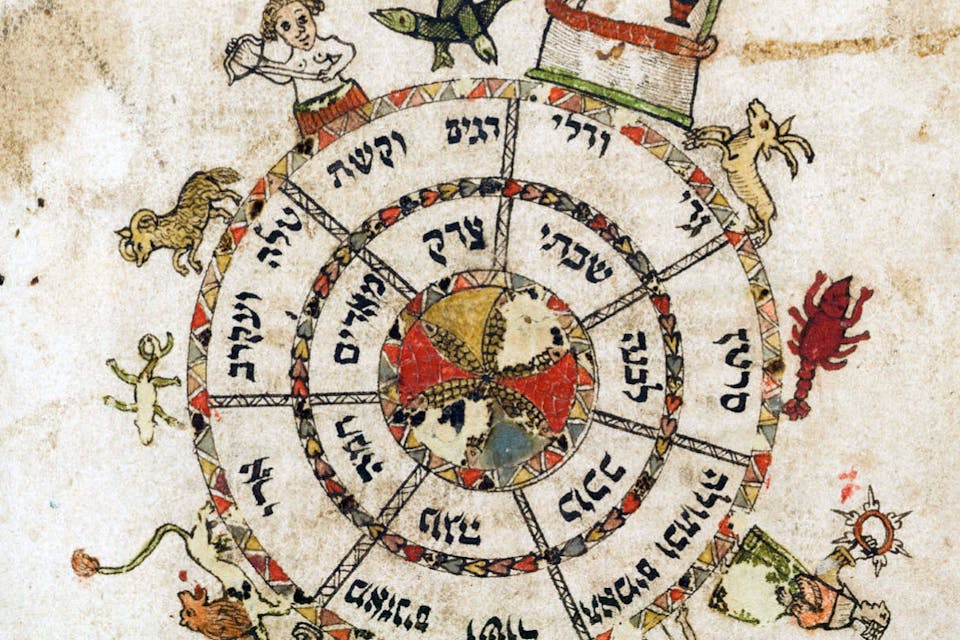
June 11, 2024
How Monotheistic Israel and Pagan Rome Gave the World Its Weeks
A rivalry between the Jewish numerical and European pagan-astronomical nomenclatures for the seven-day week has played out over millennia across the world.
As observed in our previous column, when the seven-day week was widely adopted in the Roman empire in the early centuries of the Common Era, there were two competing ways of naming its days. One was the pagan way of associating these days with the sun, moon, and five visible planets Mars, Mercury, Jupiter, Venus, and Saturn. The other was the Jewish way of numbering them.
It is difficult to say, historically, how much Jews and Judaism had to do with the early stages of the seven-day week’s spread. They certainly influenced it to some extent. By the 1st century CE, there was a Jewish presence in almost all parts of the Graeco-Roman world, and judging from the many references to them by Latin and Greek writers, the Jewish week and its Sabbath were well-known to non-Jews, as was the Sabbath’s association in their minds with the planet Saturn. In a fanciful account of the Jews’ origins in the exodus from Egypt, during which they supposedly found water after seven days of thirsting in the desert, the Roman historian Tacitus (56–120 CE) wrote:
They are said to have devoted the seventh day to rest, because that day brought an end to their troubles. . . . Others maintain that they do this in honor of Saturn, either because their religious principles are derived from the Idaei, [a Cretan people from which iudaeus, “Jew,” was believed to derive], who are said to have been driven out [of Crete] with Saturn [i.e., when Saturn or Kronos, according to Greek mythology, was deposed as head of the Greek pantheon by Jupiter or Zeus], and to have become the ancestors of the Jewish people; or else because of the seven heavenly bodies that govern the lives of men, the planet Saturn moves in the topmost orbit and exercises a peculiar influence.